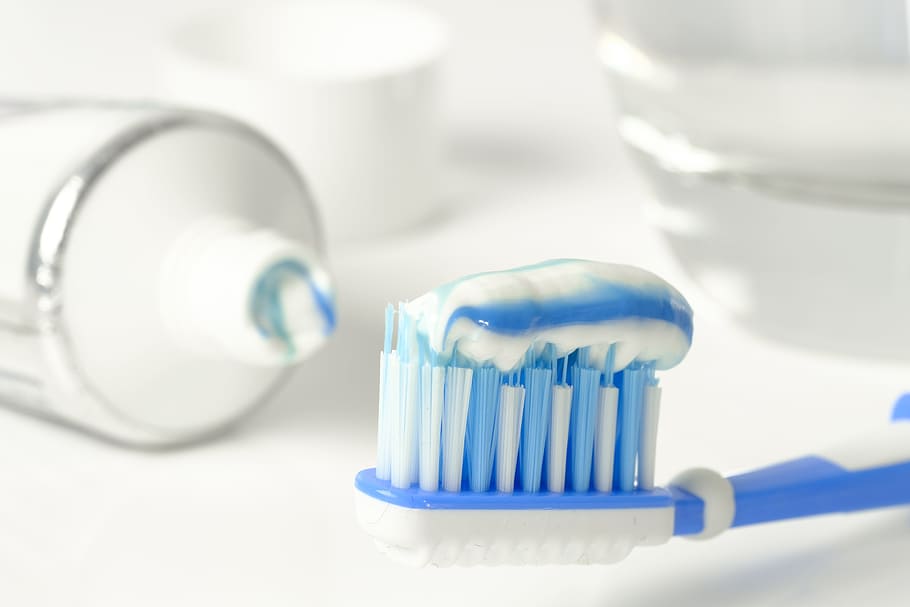You've probably already been told that the key to good heart health is a nutritious diet and lots of exercise. According to science, those are very much true. But did you know that there are other things you can do to prolong the life of your heart? Read on for five things you can do every day to help your heart work most efficiently. If you are able to incorporate these habits into your lifestyle, you'll do your part to ensure your heart keeps ticking for a long time:
#1 Go for healthy fats
Contrary to popular belief, healthy fats do exist and we actually need them in our diet. Our bodies, to some degree, saturated, polyunsaturated and unsaturated fats, but the one type of fat we don't need is trans fat. Trans fats are known to increase your risk of developing heart disease or having a stroke. That's because they clog your arteries by raising your LDL levels, or the bad cholesterol, while at the same time lowering your HDL levels, or good cholesterol, in your blood. Trans fats are often artificially produced and can be found in packaged baked goods, fast foods, and most snacks.
#2 Always brush your teeth
Dental health has been long linked to heart health. Bad oral hygiene leads to the build-up of harmful bacteria that not only eat away at your gums but also infect your teeth and infiltrate your bloodstream. If you let your oral health decline to the point of developing periodontal (gum) disease, you risk having those harmful bacteria cause immune responses that inflame your blood vessels, making it harder for blood to circulate throughout your body. The result is an increased risk of heart disease and stroke. Brushing your teeth twice a day and flossing at least once a day is your best chance at reducing those risks.
#3 Get enough sleep
Sometimes, it feels like there aren't enough hours in a day. We are such an active society that we sometimes keep ourselves awake longer than we should to fit all the things we'd like to get done. This is a very unhealthy habit—in particular, studies have shown that getting less than six hours of sleep a night increases your risk of having a heart attack or a stroke by two-fold. Sleeping too little cuts the amount of time your body has to recover and regenerate from a long day. Make sure to get at least seven to eight hours of sleep most nights.
#4 Don't sit for too long
It doesn't seem like it, but sitting for too long can actually shave off a few years from your total lifespan. This is true for even those who get enough exercise a day. Several studies have shown that sitting for too long every day is linked to as much as a 147 percent increase in harmful cardiovascular events, including fatal thrombosis, or blo0d clot. It isn't enough to sit for seven hours a day and then make it all up with exercise afterward. You need to take breaks every few hours to stretch and move around.
#5 Minimize your stress
It can be difficult, but it is important to minimize your stress in order to keep your heart healthy. Stress can serve as a trigger for several biochemical responses that can actually affect the heart, including a rise in blood pressure and a faster heart rate. It is especially important for those who are constantly working under pressure to find outlets to relieve their stress. Everyone responds to relief-strategies differently, so it will take some trial and error to find what works for you.







